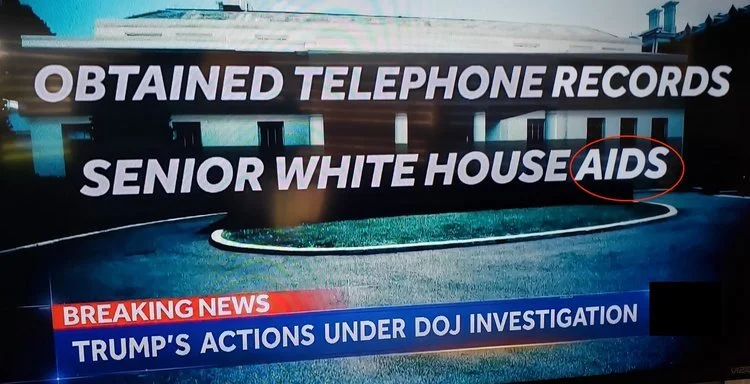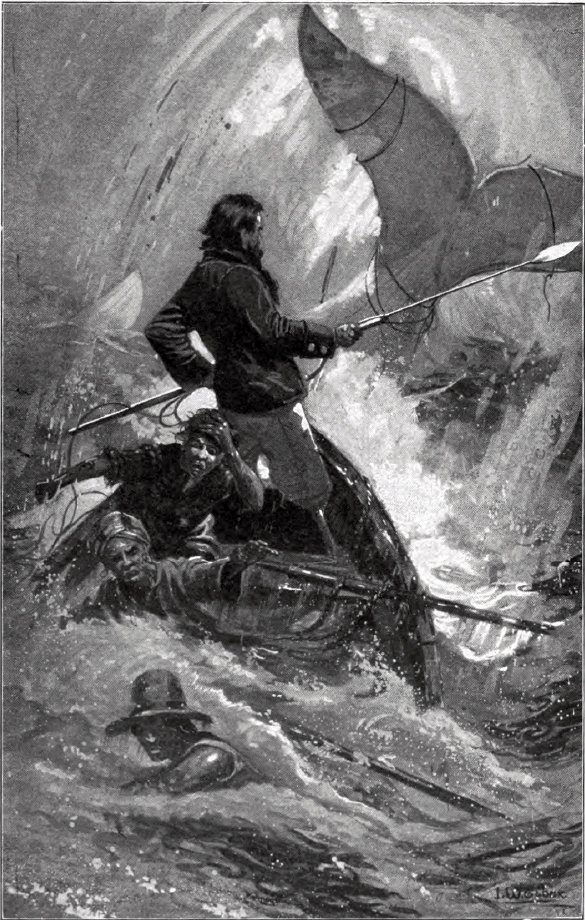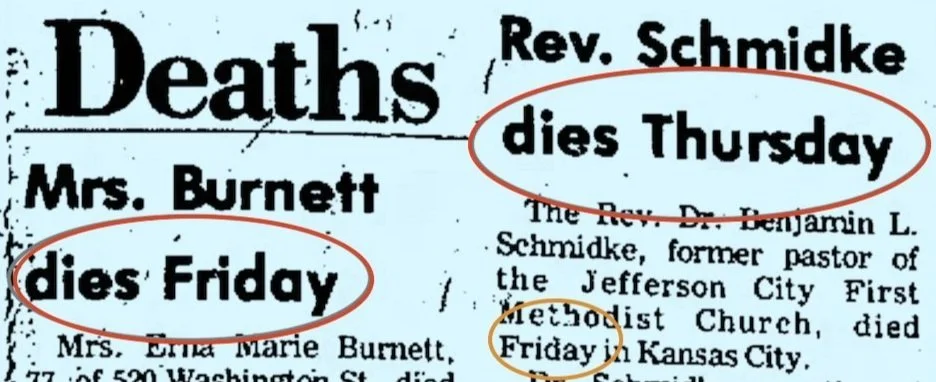We keep telling you. But do you listen?
Way back in Segment 26, on Jan. 2, 2022, we argued that crude writing is, in most cases, bad writing. Our ears can handle the coarse phrases and imagery. But they just make us feel, well, dirty. And expose the writer as lazy. We especially are bothered by people who use euphemisms and forgot, or actually don’t know, what they really mean. Look at this popular comic strip. You just remembered a pair of what. Didn’t you? And now this is doubly unsuitable. Because it uses a really crass term. And because these are not things you can grow. Especially if your name is Tiffany.
In Segment 51, “Maybe,”on Dec, 18, 2022, we talked about cowardly writers who use too many qualifiers. In this case, the former president potentially is included in the indictment recommendations. In fact, any of the dozens of people who were even tangentially connected to the investigation “potentially” is included. “Potentially” is a pretty low bar.
Our Aug. 1, 2021, segment covered the problem of putting “only” in the wrong place. This sentence suggests that after Trump refused to comply, the DOJ didn’t write him or have breakfast or watch TV. The agency only searched his home. Correct: “DOJ searched Trump’s home only after he refused to comply.”
We dealt with this hyphen in our May 8, 2022, segment on sports. Doors open at 11 a.m. Doors are open from 11 a.m. to 2 p.m. Pick one.
wwwtheastrolab.com
We’ve pointed this out before. No matter how you season it, .75 cents still is three-fourths of a penny.
And we go to the video archives for Segment 38: The greatest movie of all time. https://youtu.be/kjUVA87ZLbY
Readers: "Something Went Horribly Wrong" features samples of bad writing we see nearly every day. You can participate! Be our duly deputized “grammar police.” Your motto: “To protect and correct.” Send in your photos of store signs, street signs, menus, TV news graphics, newspaper headlines, tweets, and so on. It doesn’t have to be a grammatical error. It can be just what we call “cowardly writing.” Include your name and home town so we properly can credit you. You're free to add a comment, although we reserve the right to edit or omit. Now get out there! Send to Eliot@eliotkleinberg.com
Haven’t signed up for our newsletter yet? Do it now! And tell your friends!
NOTE: Eliot and Lou Ann are available for speaking engagements, and can travel. Reach us through the comments section. Just think of all of your employees getting back to work on a Monday, their heads filled with all the ways we’ve shown them to be better communicators!






































































































